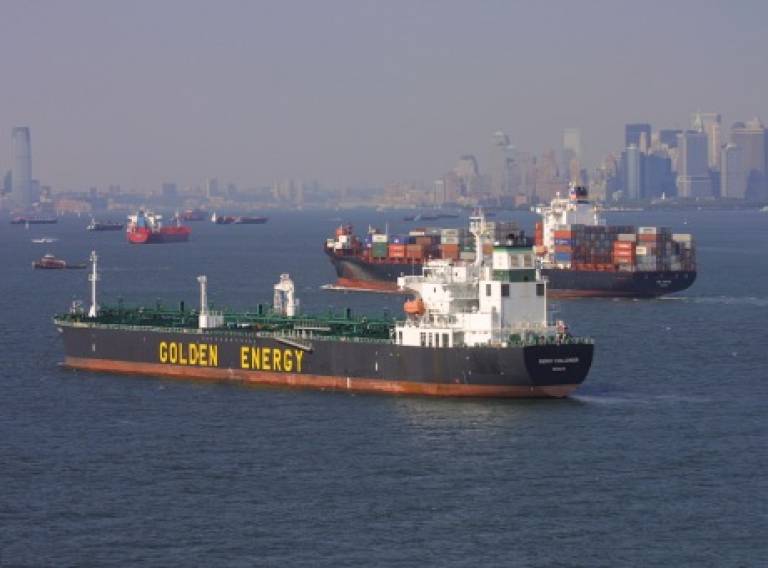Shipping industry's take-up of operational energy efficiency measures not ideal
9 June 2015

The level of implementation of operational energy efficiency measures in shipping is not at its optimal level according to a research paper from UCL Energy Institute’s Shipping Group.
The analysis shows that for most cost-effective measures such as speed reduction, trim-draft optimisation and weather routing, the implementation rates were around 50-70% on average amongst the 170 respondents who took part in the survey.
The importance of operational measures in improving the carbon intensity of shipping is crucial in light of the climate challenge facing the industry. The research uses a triangulation of methods, a survey, content analysis and energy efficiency data to assess the implementation of energy efficiency measures, perception of barriers and observed level of barriers to implementation.
“This is the first time barriers to energy efficiency have been investigated in a rigorous way and the findings could have an impact on the design of the policies that are on the table and those that may be implemented in the future” says Dr. Nishatabbas Rehmatulla at the UCL-Energy Shipping Group.
The research breaks down the implementation by type of charter and shows that implementation varies significantly by the type of charter. Operational measures saw a higher implementation in the time charter, where the charterer is responsible is paying for fuel. This challenges the concept of split incentives for operational measures in the time charter. Further ongoing research from UCL Energy Institute under the Shipping in Changing Climates is attempting to gauge the split incentives in implementation of technical measures.
The survey showed that, speed reduction, which has one of the highest energy and emission saving potential, was not being fully implemented because of the principal agent problem or commonly known as split incentives. A review of the standard charterparties in the voyage charter suggested that certain clauses inherent in the traditional charterparties, such as utmost despatch and non-deviation clauses, inhibit the uptake of speed reduction measures. For example the Notice of Readiness (NOR) and placement of NOR clauses could have adverse impact on the speed profile of a ship in a voyage. Whilst initiatives to tackle such clauses, such as the ‘Virtual Arrival’ clauses have to some extent resolved this in the tanker sector, they remain a challenge to implement in other ship types.
 Close
Close

